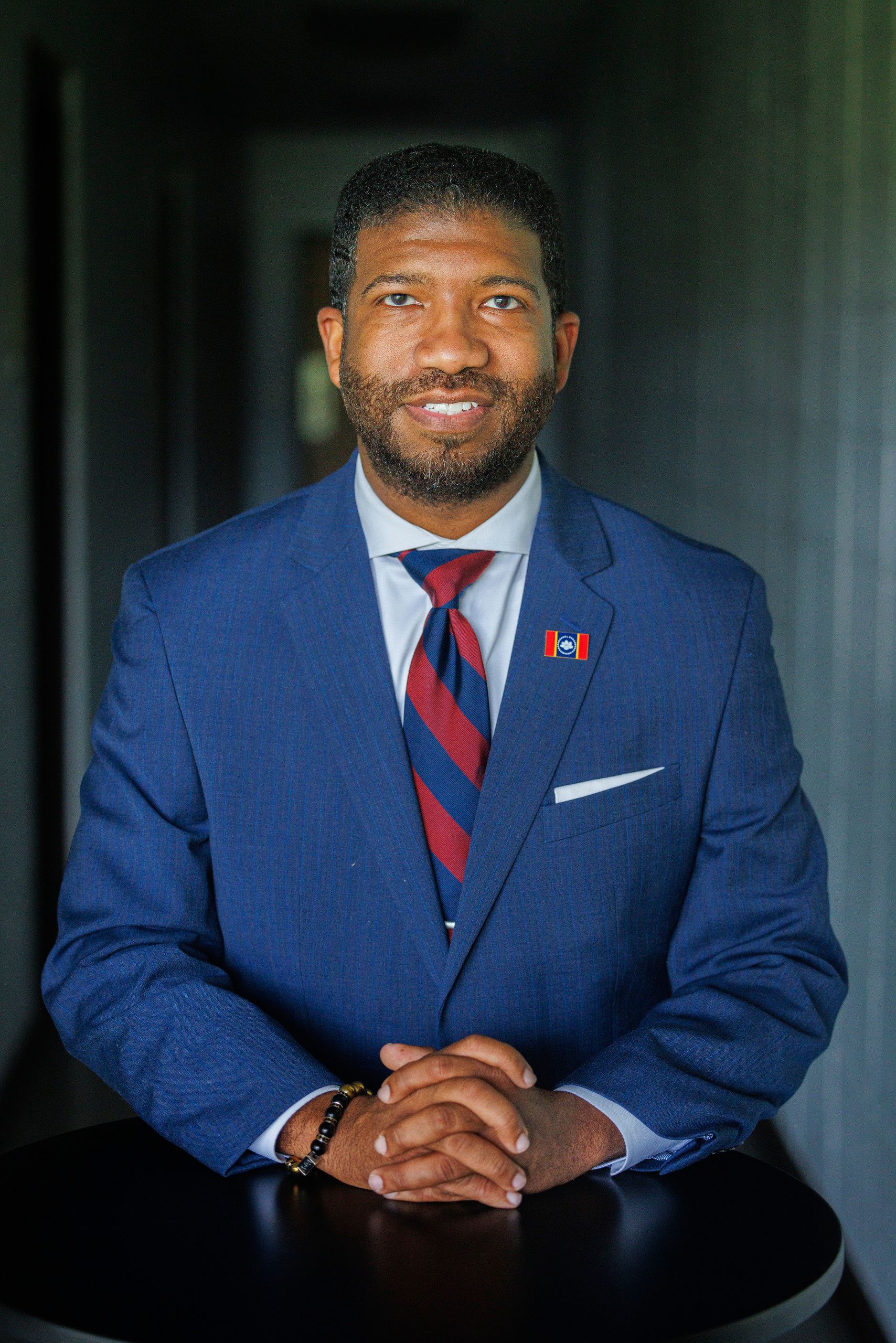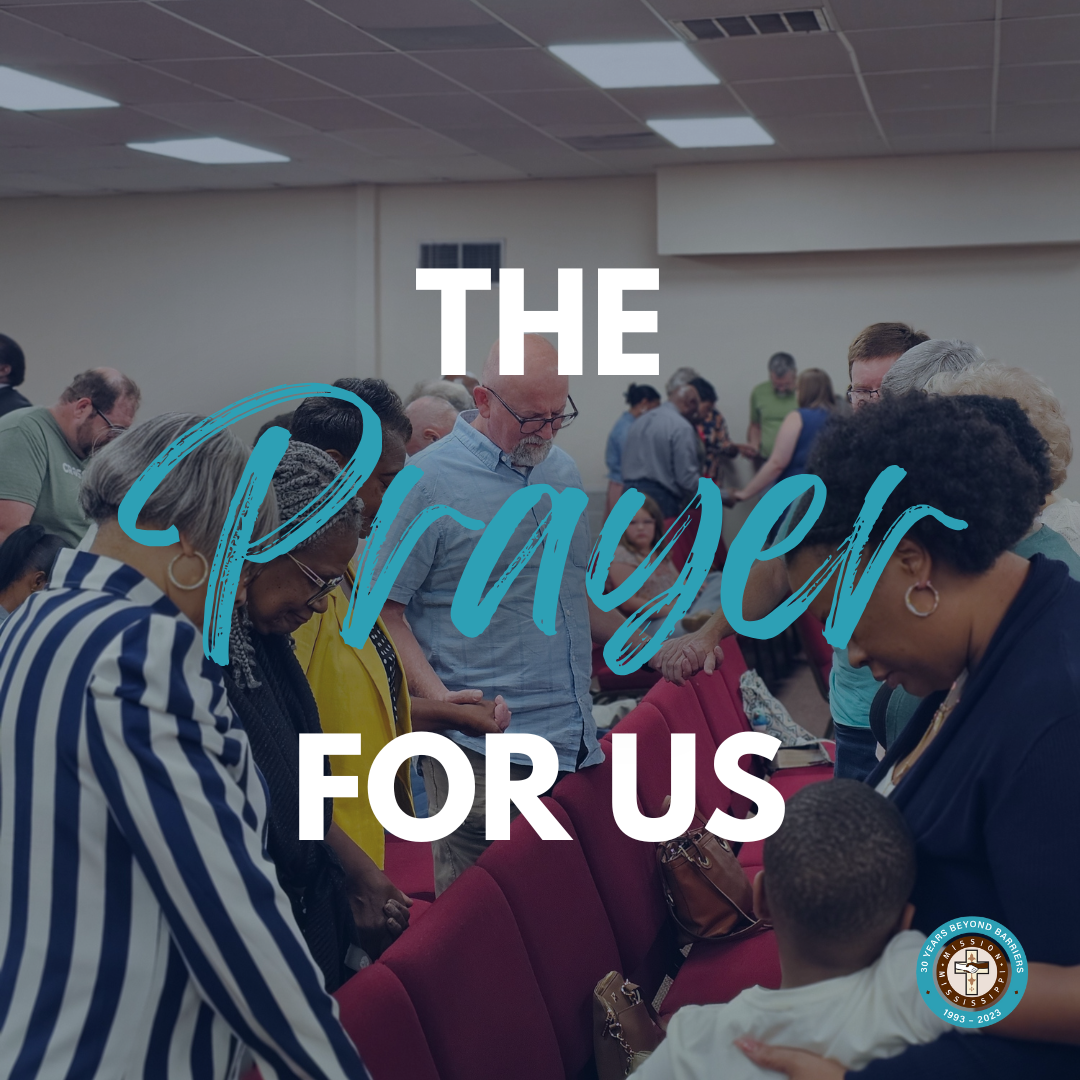New Year, New Wineskins

Moving Different
When I was a teenager, I thought I was the definition of cool. At 16, I got my first car—a Nissan Sentra—and the first thing I did was lean the driver’s seat all the way back. Because, of course, cool people don’t sit upright in their cars, right? For two years, I drove like that, convinced I was too cool for school.
But then, my aunt asked me to help move some furniture. I bent down to lift a piece, heard a pop in my back, and, well, life was never the same. From that moment, my back gave me trouble, and I had to change the way I did things—starting with how I drove. My “cool guy” lean was wrecking my posture, so I had to adjust and start sitting upright. It wasn’t comfortable, it wasn’t cool, but it was necessary. That change was healthier, even if it wasn’t cooler or what I wanted at the time.
Isn’t that how life is? Sometimes, we hold onto what we think is “cool” or comfortable, even when God is calling us to something better—something new. That’s exactly what’s happening in Luke 5:33-39. Let’s take a closer look.
Joy in the Bridegroom’s Arrival
In this passage, Jesus is hanging out with tax collectors and sinners—people who weren’t exactly popular in ancient Israel. Tax collectors were considered traitors and cheats, and sinners, well, they weren’t the type you’d invite to a religious gathering. But Levi, one of newly called Jesus’ disciples and a tax collector himself, throws a big party to celebrate how Jesus changed his life. He invites all his friends, and Jesus shows up.
The religious elite—the Pharisees and scribes—are not happy. First, they don’t like the company Jesus is keeping. Then, they criticize Him for even being at the party. They say, “The disciples of John fast often and offer prayers, and so do the disciples of the Pharisees, but yours eat and drink” (Luke 5:33). In other words: “Why are you doing things so differently?”
Jesus answers with this: “Can you make wedding guests fast while the bridegroom is with them?” (Luke 5:34). Weddings in ancient times were a big deal. There was the engagement, the ceremony, and the feast, the highlight of the wedding! The feast was a celebration filled with food, dancing, and joy that could last a week! Jesus is saying, “I’m the bridegroom. I’ve arrived. This is a time for celebration!”
That’s the first lesson here: Jesus’ presence brings joy. Yes, there’s a time for fasting, but this wasn’t it. And the joy He brings isn’t fleeting—it’s lasting and transforming. It’s a joy that should shape how we live every day.
So, let me ask: Does your life reflect that kind of joy? Are you walking in the joy of knowing that Jesus has come, or has that joy been clouded by the “angertainment” of culture, social media, and 24-hour political commentary. Are you letting the frustrations and divisions of the world define you or are you being defined by the reality that a Savior has come? As believers, we’re called to live differently—to be perpetually marked by joy, not misery, love, not hatred.
Out with the Old, In with the New
But Jesus doesn’t stop there. He goes on to tell a parable about new wine and old wineskins. Back then, wineskins were made from animal hides. When new wine was poured into them, it would ferment, releasing gases, and expand, stretching the skin. Once a wineskin had been stretched, it couldn’t handle more new wine—it would burst.
Jesus is saying something powerful here: You can’t pour something new into something old. The Pharisees were trying to fit Jesus into their old traditions and self-righteous ways, but He wasn’t about patching up the old. He was bringing something entirely new.
This is where it gets personal. How often do we try to “Jesus-fy” our old habits? We hold onto patterns of sin, division, or bitterness and try to slap a little Jesus on top. We justify patterns of hatred when Jesus tells us to love our enemies. We justify patterns of self-centeredness and selfish living when Jesus calls us to be LIVING SACRIFICES. Following Jesus isn’t about adding Him to the old patterns, adding to him to our lives—it’s about replacing the old with the new.
Think about it: Are there areas in your life where you’re trying to hold onto the old while claiming the new? Maybe it’s a grudge you refuse to let go of, a people you refuse to love as yourself, a habit you don’t want to break, or a way of thinking that doesn’t align with His teaching. Jesus isn’t asking for tweaks—He’s calling for transformation.
Embracing the New
As we enter a new year, I want to encourage you: Don’t settle for patching Jesus onto your old life. Embrace the new. Let His joy define you. Let His grace transform you. No, this isn’t about works or earning your way—it’s about receiving the gift of His newness and the arrival of His life into your life and letting it reshape everything you do.
The bridegroom has come. Let’s celebrate, live differently, and embrace the newness of His gospel in every area of our lives.
Amen.



